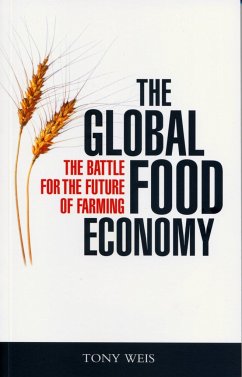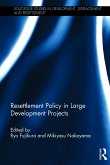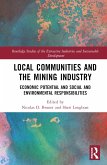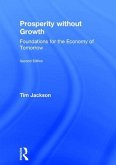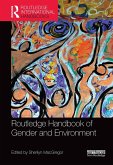The global food economy is riven with contradictions. Rising levels of obesity in the developed world stand in stark contrast to widespread hunger and malnutrition in the global South. Transnational companies dominate the market and benefit from lucrative subsidies, while farmers in developing countries become ever more impoverished. Food miles, mounting toxicity and the "ecological hoofprint" of livestock have turned agribusiness into one of the leading contributors to climate change, with humanity's food supply resting on ever more precarious foundations. Recent years have seen food riots in over thirty countries, an explosion in biofuels and GM crops, and mounting evidence of a looming environmental catastrophe. In The Global Food Economy, Tony Weis explains how such an unequal and unsustainable system was created and how it has been facilitated by governments driven by free market dogma. Ultimately, Weis looks to how we might build a more socially just, ecologically rational, and humane food economy, serving as a timely reminder of why these struggles are so urgent.
Hinweis: Dieser Artikel kann nur an eine deutsche Lieferadresse ausgeliefert werden.
Hinweis: Dieser Artikel kann nur an eine deutsche Lieferadresse ausgeliefert werden.

